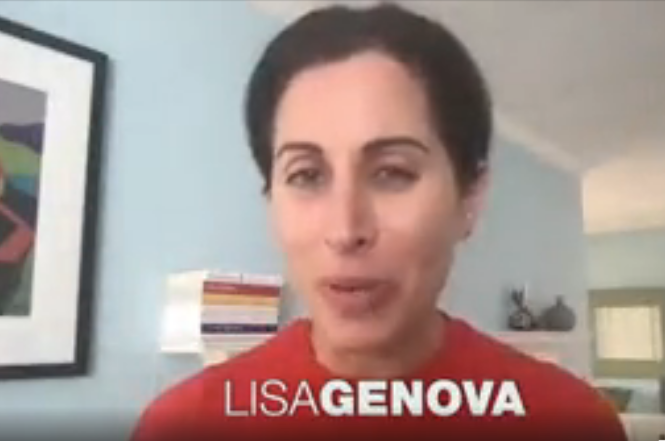翻译:Lilian Chiu, 校对:Helen Chang,
Thinking about the past week, did any of you forget where you put your phone? Did you have a word stuck on the tip of your tongue, you couldn't remember the name of an actor or that movie a friend recommended? Did you forget to take out the trash or move the laundry from the washer to the dryer or to pick up something from the grocery store you meant to buy? What is going on here, is your memory failing?
It's not. It's doing exactly what it's supposed to do. For all its miraculous, necessary and pervasive presence in our lives, memory is far from perfect. Our brains are not designed to remember people's names, to do something later or to catalogue everything we encounter. These imperfections are simply the factory settings.
Even in the smartest of heads, memory is fallible. A man famous for memorizing over 100,000 digits of pi can also forget his wife's birthday or why he walked into the living room. Most of us will forget the majority of what we experienced today by tomorrow. Added up, this means we actually don't remember most of our own lives. Think about that. So what determines what we remember and what we forget? Here are two examples of supercommon memory failures and why they're totally normal.
Number one, where did I put my phone, my keys, my glasses, my car? The first necessary ingredient in creating a memory that lasts longer than the present moment is attention. Your memory is not a video camera recording a constant stream of every sight and sound you're exposed to. You can only remember what you pay attention to.
Here's an example that will probably feel familiar. I often drive from Boston to Cape Cod. About an hour into this trip I cross the Sagamore Bridge, a really big, four-lane, cannot-miss-it structure. And then about 10 miles and a mere 10 minutes later, I'll suddenly wonder, wait, did I already go over the bridge? I can't recall going over the bridge because that memory was never created in the first place. It's not enough for my senses to perceive information. My brain can't consolidate any sensory information into a lasting memory without the neural input of attention. So because I've driven over that bridge countless times and because I was probably lost in thought or listening to an audio book, so my attention pulled elsewhere, the experience of driving over it slipped out of my brain within seconds, gone without a trace.
The number one reason for forgetting what someone said, the name of a person you just met, where you parked your car and whether you already drove over a really big bridge is lack of attention.
Number two, "Oh, what is his name?" One day I couldn't come up with the name of the actor who played Tony Soprano in the HBO series "The Sopranos." I knew his name was stored somewhere in my brain, and I could tell you all kinds of things about him, but I could not produce his name. I eventually gave up and googled it. "Actor who played Tony Soprano." James Gandolfini. Yes, that's it. Blocking on a word, also called tip of the tongue, is one of the most common experiences of memory failure. You're trying to come up with a word, most often a proper noun, but you cannot, for the life of you, retrieve it on demand. Why does this happen?
Blocking on a word can occur when there's only partial or weak activation of the neurons that connect to the word you're looking for.
We often come up with a loosely related word instead, something similar in sound or meaning. These obliquely related words are rather unfortunately called the ugly sister of the target. And even more unfortunately, zeroing in on an ugly sister will only make the situation worse. These decoys lead your brain activity down neural pathways that go to them and not to the word you're looking for. So now when y
主题:how your memory works --why forgetting is totally ok
幸福大叔发表于 2022-06-14 22:55
下一页 (1/15)


